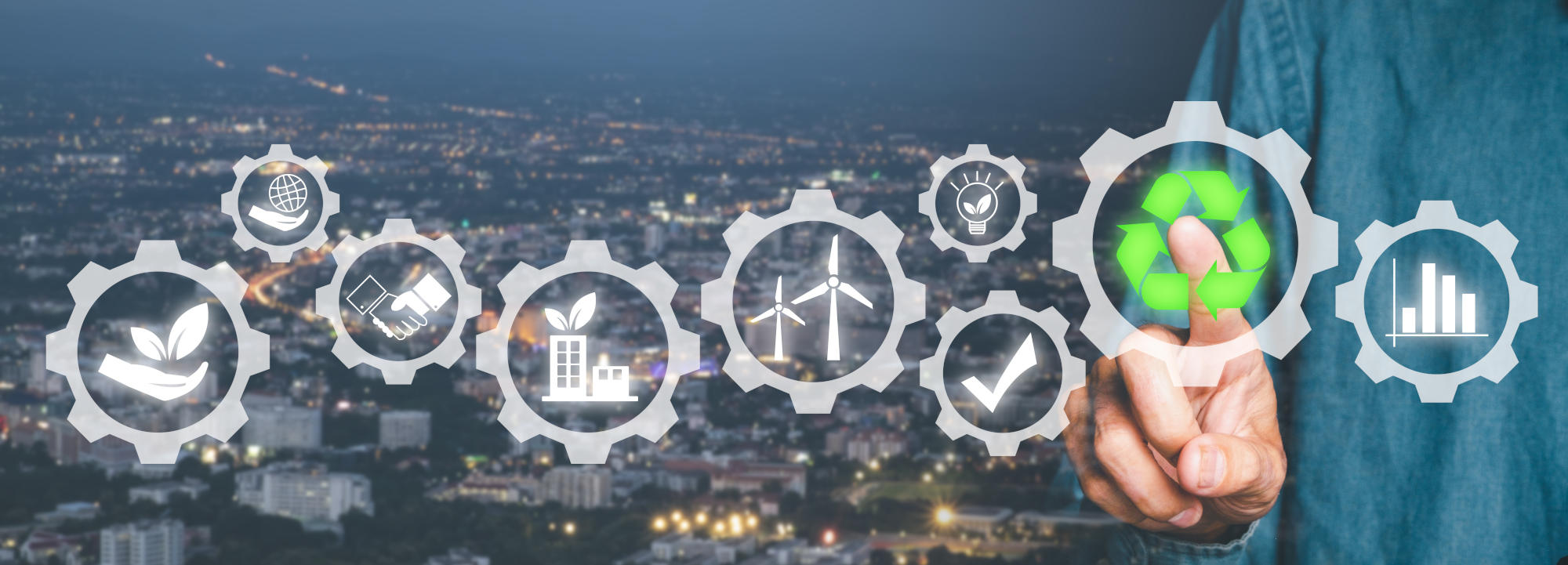Adidas: How to keep running fast in a post-Covid-19 world?
By the end of 2019 the adidas Group was solidly the world’s second largest multinational in the sportswear manufacturing industry. Following the successful implementation of a digital transformation initiated in 2015, the company enjoyed years of sustained growth and high profitability in the 2016-2019 period, strengthening its brand desirability and increasing sales volumes, especially in the online space. It ended fiscal year 2019 stronger than ever and its chief executive officer (CEO), Kasper Rørsted, was very optimistic about what the future would hold. The outbreak of the COVID-19 pandemic at the beginning of 2020 radically changed the business landscape. adidas was severely hit by the lockdowns imposed by governments. The new measures of social distancing were expected to have a lasting impact on consumer habits and consequently on the operations of companies such as adidas. Thus, unimaginable only few months before, the company’s first earnings call of 2020 led by Rørsted focused on the negative results obtained in the preceding few months and the high degree of uncertainty looking forward. Aware of the many challenges facing the company, Rørsted had to decide which strategic initiatives he should prioritize to future-proof the company and keep it on a steady growth trajectory in a post-COVID-19 world.
- Analyze the extent to which digitalization has changed the retail sector.
- Analyze the extent to which the COVID-19 pandemic has revolutionized the business operations of companies such as adidas.
- Explore the need for a retailer’s strategy to be adjusted in view of the pandemic and the ongoing digital disruption of the retail world.
- Explore strategy in an environment characterized by a high degree of uncertainty associated with the COVID-19 pandemic.
Adidas, Consumer Goods, Sports Equipment, Consumer Goods, Sports Footwear, Consumer Goods, Sportswear
2015-2020
Cranfield University
Wharley End Beds MK43 0JR, UK
Tel +44 (0)1234 750903
Email [email protected]
Harvard Business School Publishing
60 Harvard Way, Boston MA 02163, USA
Tel (800) 545-7685 Tel (617)-783-7600
Fax (617) 783-7666
Email [email protected]
NUCB Business School
1-3-1 Nishiki Naka
Nagoya Aichi, Japan 460-0003
Tel +81 52 20 38 111
Email [email protected]
IMD retains all proprietary interests in its case studies and notes. Without prior written permission, IMD cases and notes may not be reproduced, used, translated, included in books or other publications, distributed in any form or by any means, stored in a database or in other retrieval systems. For additional copyright information related to case studies, please contact Case Services.
Research Information & Knowledge Hub for additional information on IMD publications

Subsidies of renewables has led to electricity prices frequently falling to less than zero leading to opportunities for consumers

#post_excerptHannele Jakosuo-Jansson of Neste and Finnair shared key insights on board roles in CEO transitions and culture shifts with IMD’s High Performance Boards program.

Once corporate activists, today’s CSOs are business integrators. 6 ways the CSO role is evolving: strategist, risk mitigator, innovator, regulator, storyteller, and leader.

An intelligent organizational sensory system detects, processes, and acts on change signals, giving your company a strong competitive edge.

Three Ways to Deal with Your Boss when they act against civility, empathy, and ethics. Discover strategies to handle difficult workplace dynamics effectively.

AI is revolutionising industry by improving efficiency and driving sustainability. Discover how data-driven insights shape a greener future

Six ways leaders can shape corporate reputation building strategies within their organizations, drawing on key insights from a Bloomberg Media study.

To navigate a turbulent business environment, CEOs must understand their landscape and align leadership thinking priorities, advises IMD’s Michael Watkins.

Chanel Global CFO and IMD Executive in Residence Philippe Blondiaux explains how finance leaders can sustain a long-term focus on sustainability while addressing short-term challenges.

Discover a framework for Responsible Leadership, guiding you to lead with care and ethics in an increasingly turbulent and complex world.
Research Information & Knowledge Hub for additional information on IMD publications
Research Information & Knowledge Hub for additional information on IMD publications
in I by IMD
Research Information & Knowledge Hub for additional information on IMD publications
Research Information & Knowledge Hub for additional information on IMD publications
Research Information & Knowledge Hub for additional information on IMD publications
in I by IMD
Research Information & Knowledge Hub for additional information on IMD publications
in I by IMD
Research Information & Knowledge Hub for additional information on IMD publications
Research Information & Knowledge Hub for additional information on IMD publications
in I by IMD
Research Information & Knowledge Hub for additional information on IMD publications
in I by IMD
Research Information & Knowledge Hub for additional information on IMD publications

